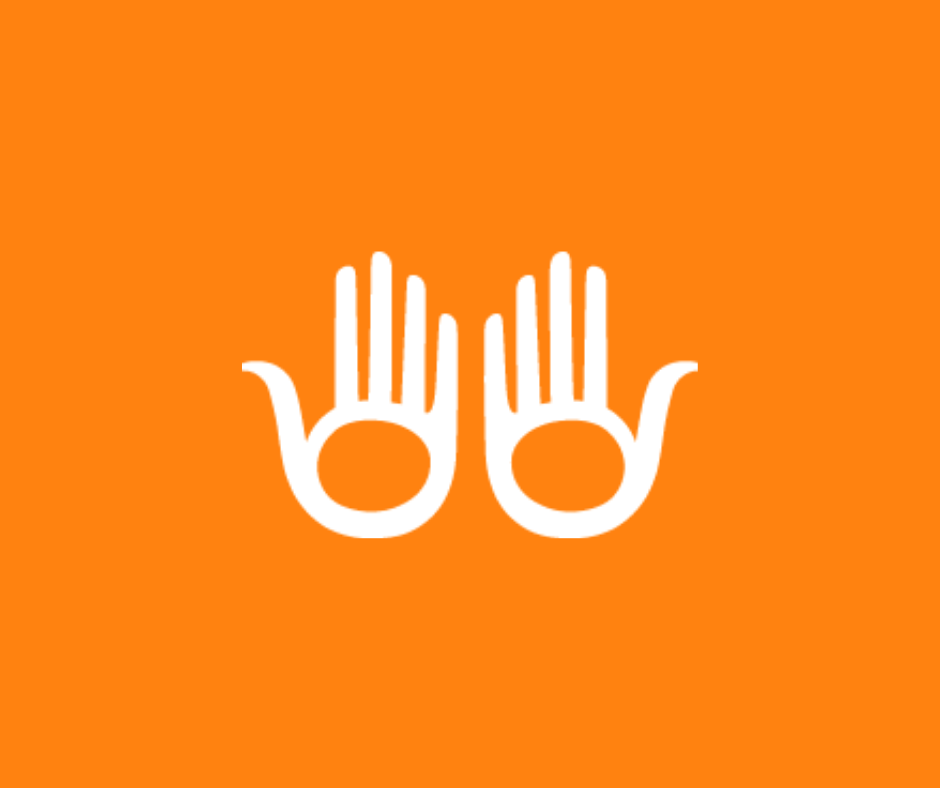National Day for Truth and Reconciliation

Educate and Change the Story
September 30 is the National Day for Truth and Reconciliation, the first-ever national holiday to honour the Survivors of Canadian residential institutions and those who never made it home. It is a day to call upon all of those who can effect change to take action to advance reconciliation in Canada. At Indigenous Tourism BC, we believe that every one of us can effect change.
Use this day as a time of reflection that Canada is responsible for the deaths and suffering of Indigenous children at residential schools across the nation. Take an honest look at current Canadian reality and our part in it. Step forward as a witness to the hard truths, and accept responsibility to learn and change. Reconciliation is not just the responsibility of government–it is a responsibility that belongs to all Canadians.
6 Ways you Can Effect Change
Here are some ways you can accept personal responsibility and take action this inaugural National Day for Truth and Reconciliation:
Observe Orange Shirt Day.
September 30 is also Orange Shirt Day. This annual event started in 2013 in Williams Lake, BC, as part of a commemoration project and reunion event for survivors of St. Joseph’s Mission (SJM) Residential School. Phyllis Webstad shared her story at this event: she was six and proud of the new orange shirt her aunt made her for her first day at SJM. This connection to home and family was immediately taken from her. Wearing orange is a simple gesture–a visual cue and an easy action to keep reconciliation alive. Share Phyllis’ Orange Shirt Story with children.
Know whose land you’re on and more.
No matter where you travel in Canada, you are on Indigenous Lands. Your home is on Indigenous Lands. Yes, learn whose land you are on but do more than consider the land and its people. Your impact is your responsibility–educate yourself on the local Indigenous community and its current concerns, challenges, and successes. Look for ways you can support the rights, wellness, and economy of your Indigenous host.
Be a sensitive, respectful, and grateful traveller.
The relationship between Indigenous Peoples and Lands is sacred and unbreakable. Indigenous communities often welcome visitors and share culture, even as they face many challenges and barriers that non-Indigenous peoples do not. They are frontline responders to wildfires and natural disasters on their Traditional Territories and keep these commitments despite geographic barriers, diminished resources, health emergencies, and community grief. They protect forests and waters, plants, and animals. Indigenous Knowledge is scientific and land-based, with millennia of research and data collection. If you are a fan of the land, respect Indigenous Wisdom, and observe local Indigenous laws and governance.
Discover your Call to Action.
The holiday is a long-awaited response to Call to Action 80 made in the 2015 report by the Truth and Reconciliation Commission (TRC). It is a day dedicated to creating opportunities for Canadians to honour residential institution Survivors, their families, and communities. The observance of this holiday also contributes to the education of public servants on Indigenous history, including residential school history and lived reality, rights, laws, and relations. The report includes calls to action for individuals who can effect change in media, policy, law, health, education, and administration. Read the TRC’s 94 Calls to Action and find a place in reconciliation–helpful things you can do now–for you, your business, family, workplace, or organization.
Educate yourself.
The longstanding and unacknowledged reality and grief of Residential School Survivors, their families, and communities are now part of public awareness and education. Commemorate this reality annually by learning more. Attend online and in-person events offered by public institutions, non-profit organizations, and Indigenous communities and individuals. Read key documents and Indigenous literature, including the United Nations Declaration on the Rights of Indigenous Peoples and firsthand accounts of residential school survival.
Donate to support Residential School Survivors and invest in Indigenous economies.
Help to remove financial barriers to Indigenous wellness. Capital-based economies are a reality for both those who have been harmed by and profited from colonial practices. Your donations to organizations like Orange Shirt Society or Indian Residential School Survivors contribute to public awareness and programs that attend to Indigenous wellbeing. Purchase Indigenous art. Eat at Indigenous restaurants. Tour with Indigenous guides. Stay at Indigenous accommodations. Invest in Indigenous.
If you, or someone you know needs support, you can contact the National Indian Residential School Crisis Line at 1-866-925-4419.